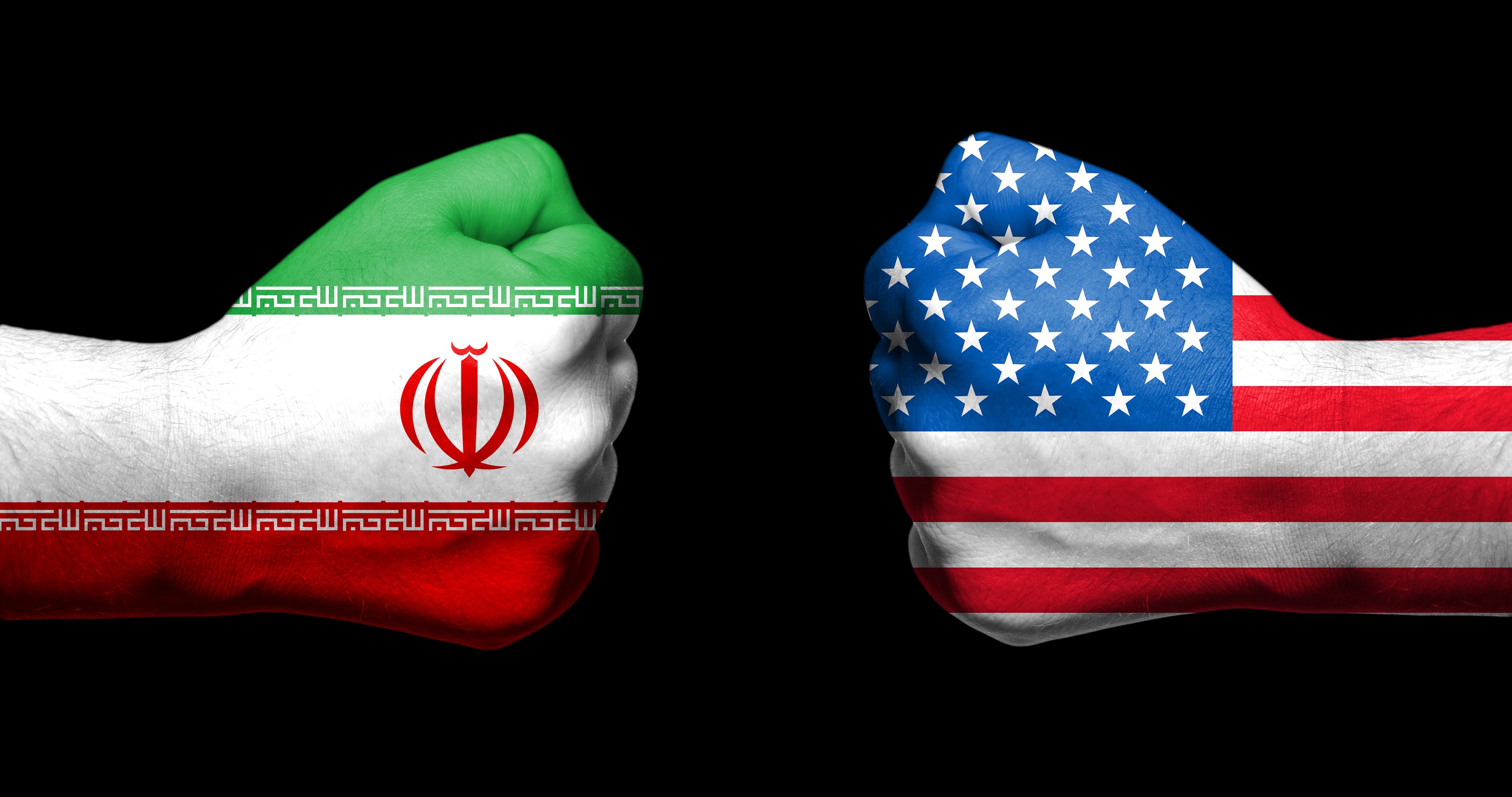Iran, Hezbollah, terror support, US sanctions
Iran sanctions US for supporting Israel
Iran sanctions US officials over pro-Palestine protests. Iran's Foreign Ministry has imposed sanctions on 11 American officials, alleging they have suppressed academic initiatives supporting Palestine.

On Wednesday, the ministry announced sanctions due to the suppression of pro-Palestine student movements in the US, which they referred to as a "violation of human rights."
During the months of April to June, students in the United States demonstrated against Israel's conflict with Hamas in Gaza, sparked by the Hamas attack on October 7 that resulted in the death of 1,200 innocent people. An additional 250 captives were transported to Gaza. Responding with an IDF military offensive in Gaza to wipe out Hamas and prevent future terror attacks on Israel, as well as bring back the Israeli hostages held there over the past 9 months.
Among those officially punished are Linda J. Stump-Kurnick, head of the University of Florida Police Department, and Pamela A. Smith, leader of the Metropolitan Police Department of the District of Columbia, among others.
The purposeless sanctions would lead to the officials' accounts and transactions being blocked in Iranian financial systems, their assets being frozen within Iran's jurisdiction, and a ban on getting visas or entering Iran.
Due to US sanctions on Iran's nuclear program, no American officials would engage in financial transactions with Iran, nor would it be safe to visit due to Iran's policy of taking hostages.
Iran is facing international sanctions for both its backing of Russia's actions in Ukraine and its violations of human rights within its borders.
Iranian leaders, such as Supreme Leader Ali Khamenei, have commended the Western universities violent demonstrations, interpreting them as a component of Iran's defiance against US and Israeli measures. Khamenei referred to the protesters as members of Iran’s 'resistance front' against the US and Israel.
Nevertheless, Iranians are criticizing the Iranian government for backing the protests, deeming it hypocritical. Iran's government, which is infamous for stifling opposing views by arresting students and teachers, is facing backlash for praising the free speech of American students while restricting it at home.